H.R. 4420: Cool Corridors Act of 2025
This bill, known as the Cool Corridors Act of 2025
, aims to improve the resilience, accessibility, and safety of transportation corridors across the United States by enhancing tree canopy and shade infrastructure. Here’s a breakdown of what the bill proposes:
Purpose of the Bill
- Address public health and infrastructure challenges related to extreme heat.
- Promote the establishment of cooling infrastructure along transportation routes.
- Improve the safety and usability of transportation systems for pedestrians, cyclists, and transit users.
- Enhance air quality and extend the life of infrastructure as a heat mitigation strategy.
- Prioritize investments in communities that face significant heat and transportation access challenges.
Key Provisions
- Reauthorization of Healthy Streets Program: The bill extends the authorization of the existing Healthy Streets program from 2026 to 2030.
- Definition of Cool Corridors: Establishes what constitutes a
cool corridor
, which is a transportation route enhanced with greenery, such as tree canopies and other nature-based solutions designed to lower temperatures and improve climate resilience. - Heat Mitigation Strategies: Details various activities aimed at reducing heat in public spaces, including tree planting and development of shade structures.
Funding and Project Implementation
- Encourages collaboration among state and local transit agencies, departments of transportation, educational institutions, and organizations focused on environmental stewardship and green infrastructure.
- Grants will be available for projects that demonstrate innovation in addressing heat challenges, particularly in areas with low tree cover or high heat vulnerability.
- Requires grantees to maintain and monitor the effectiveness of implemented projects, including temperature reduction and environmental performance metrics.
Community Engagement
The bill emphasizes the importance of community engagement in planning and implementing cooling infrastructure projects, including workforce development strategies related to urban forestry.
Annual Reporting and Evaluation
- Recipients of funding will be required to submit annual reports detailing the project's impact on environmental and public health outcomes.
- The Secretary of Transportation will evaluate the program's outcomes after five years and provide recommendations for its future integration into other transportation funding avenues.
Relevant Companies
None found.This is an AI-generated summary of the bill text. There may be mistakes.
Sponsors
29 bill sponsors
-
TrackMarilyn Strickland
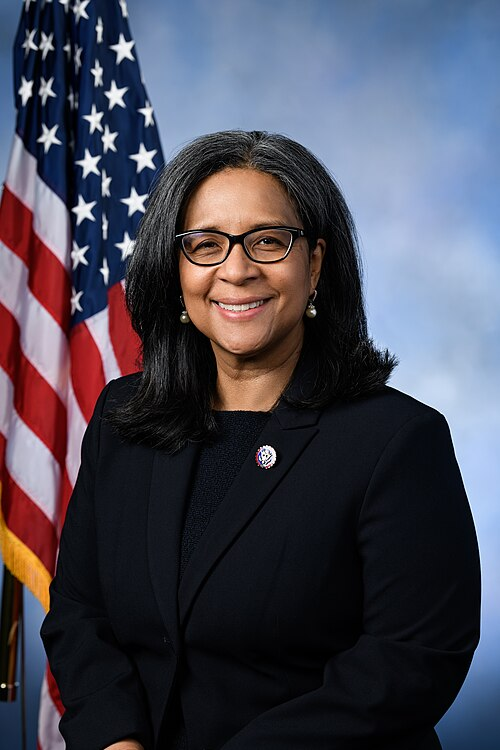
Sponsor
-
TrackAlma S. Adams
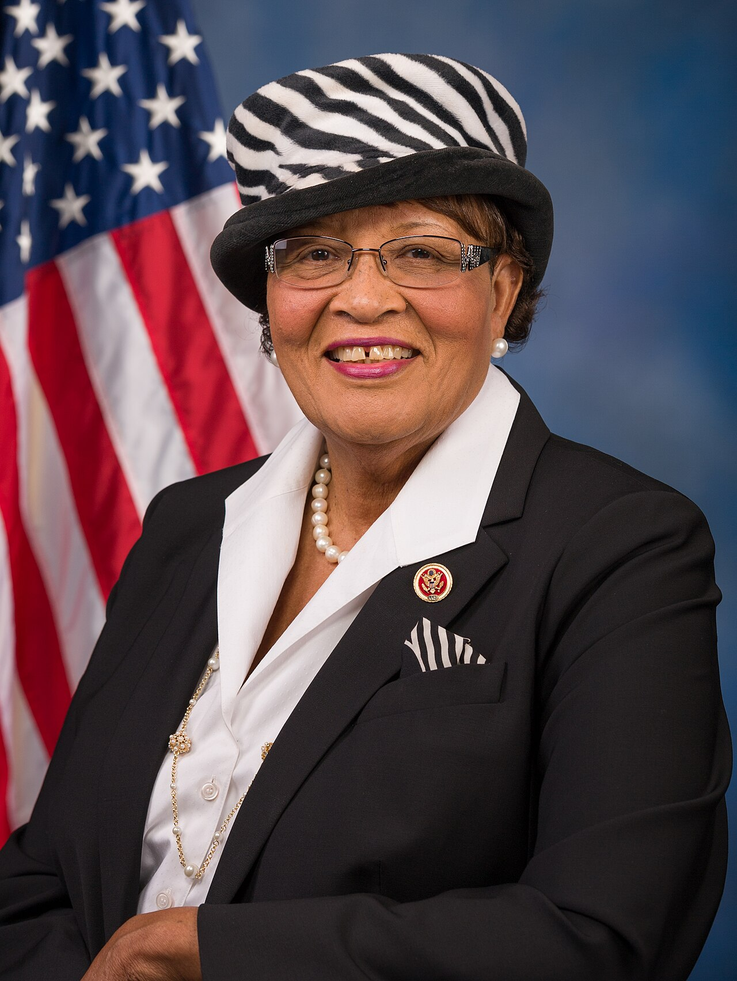
Co-Sponsor
-
TrackYassamin Ansari
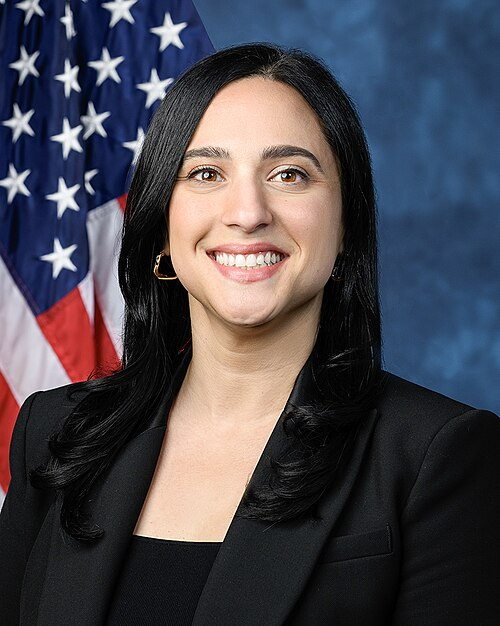
Co-Sponsor
-
TrackSuzanne Bonamici
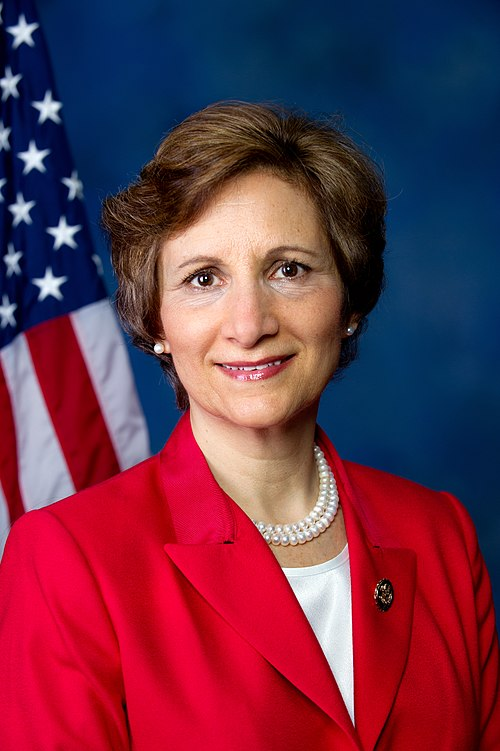
Co-Sponsor
-
TrackAndré Carson
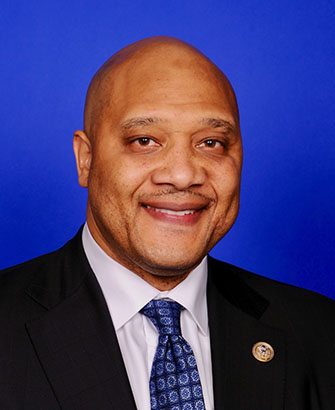
Co-Sponsor
-
TrackTroy A. Carter
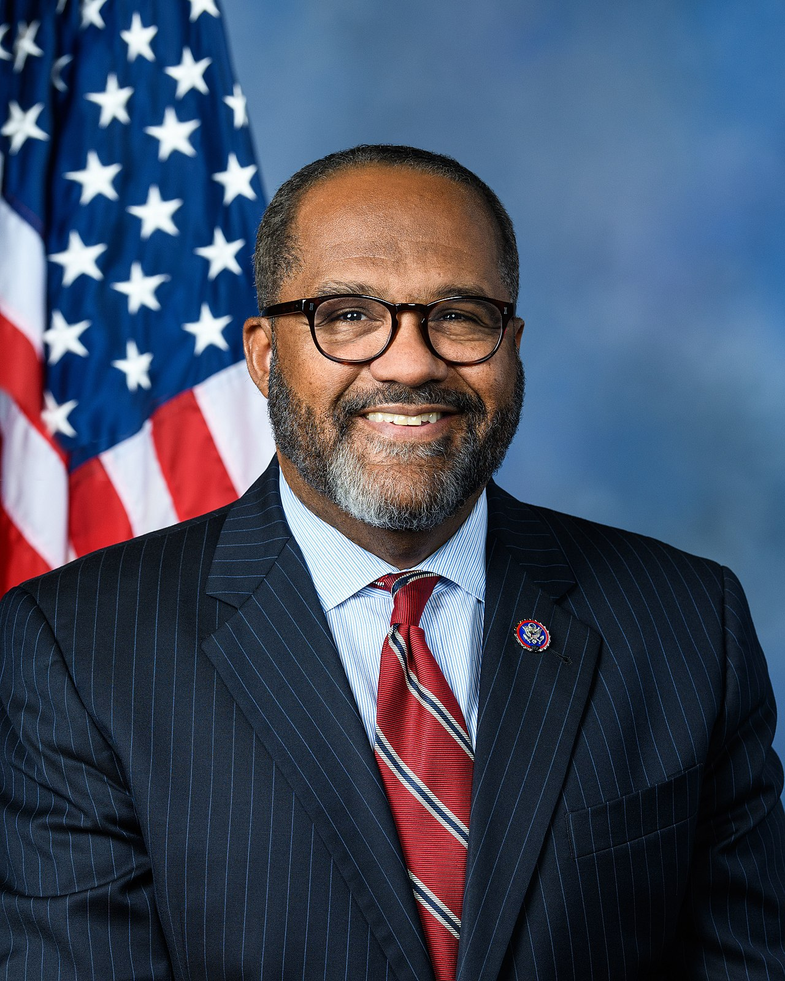
Co-Sponsor
-
TrackEmanuel Cleaver
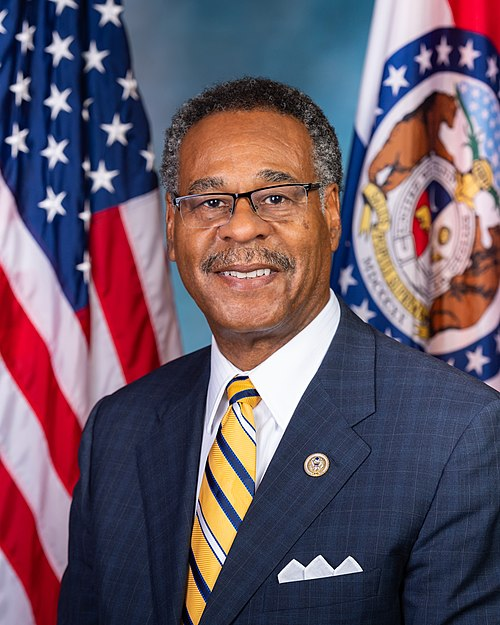
Co-Sponsor
-
TrackSteve Cohen

Co-Sponsor
-
TrackDwight Evans

Co-Sponsor
-
TrackBrian K. Fitzpatrick
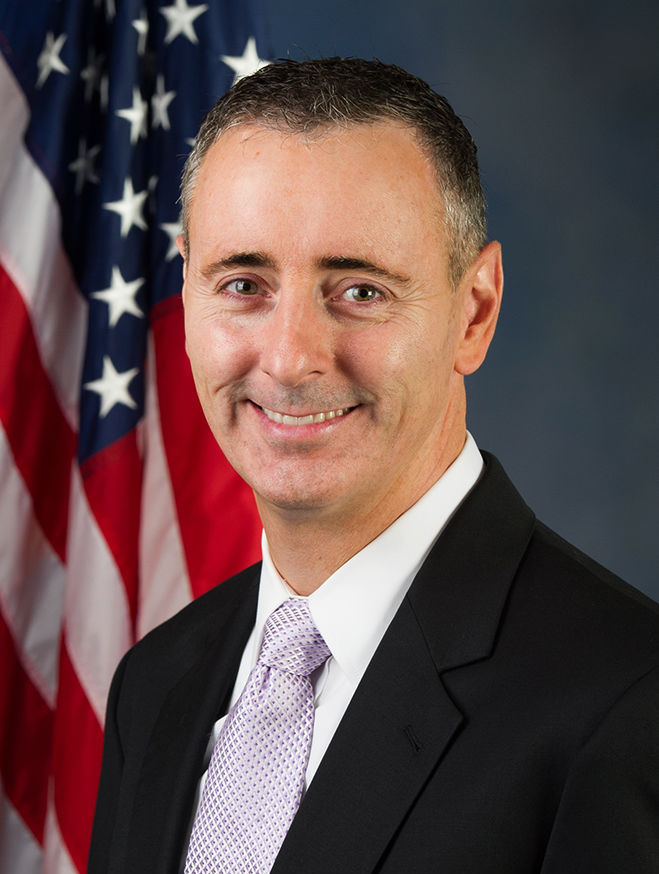
Co-Sponsor
-
TrackLizzie Fletcher
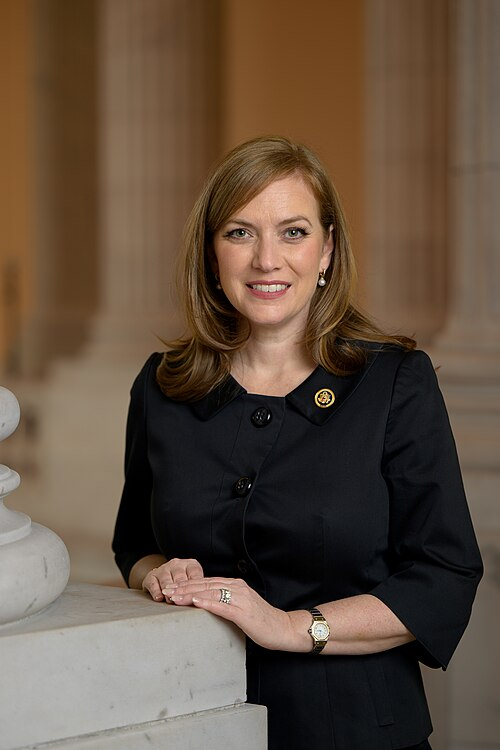
Co-Sponsor
-
TrackSylvia R. Garcia
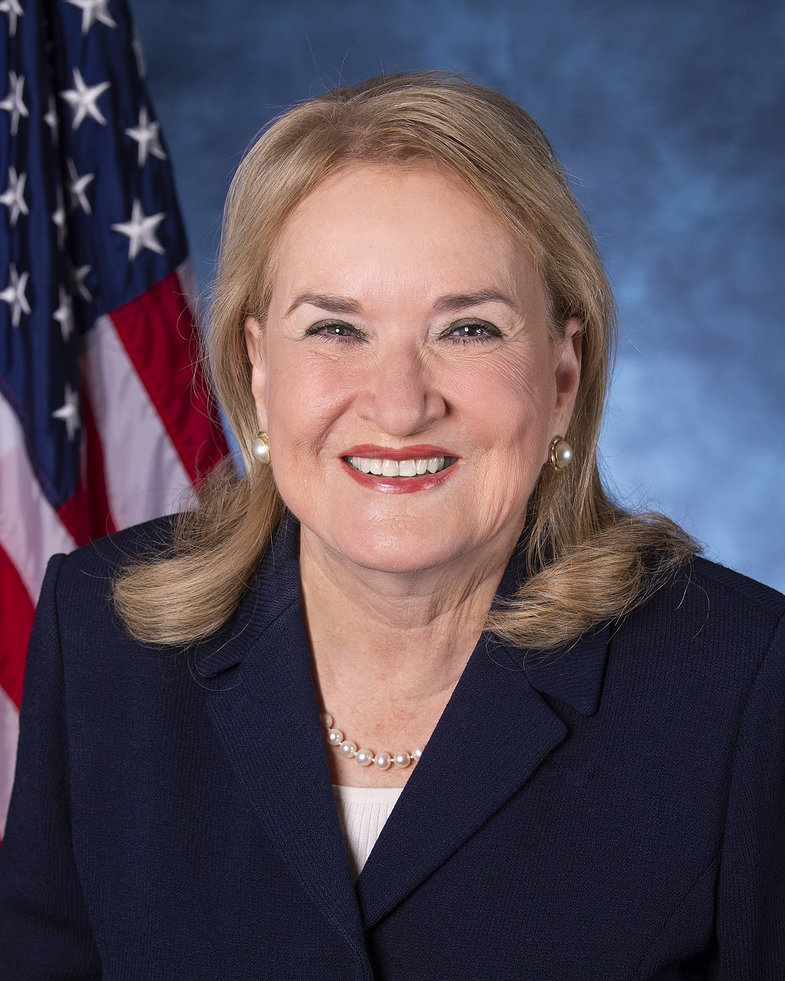
Co-Sponsor
-
TrackJosh Harder
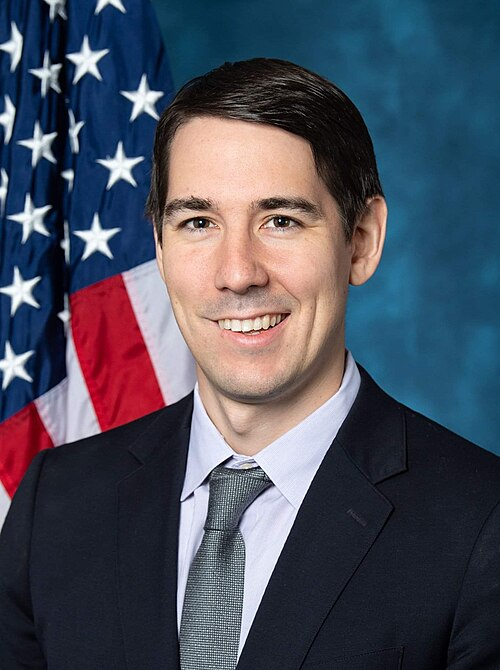
Co-Sponsor
-
TrackJulie Johnson

Co-Sponsor
-
TrackTimothy M. Kennedy
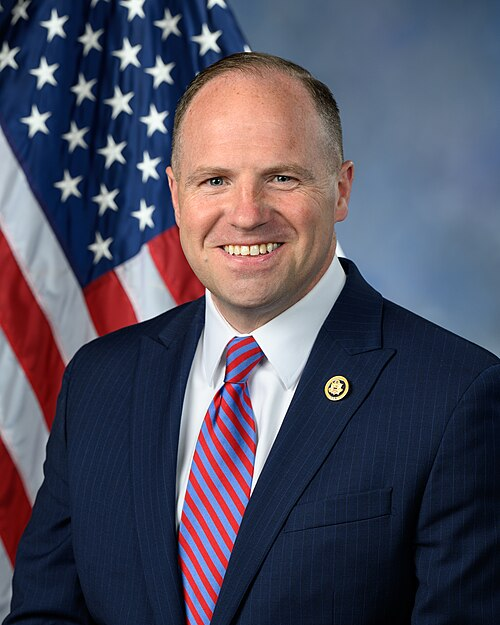
Co-Sponsor
-
TrackJohn B. Larson
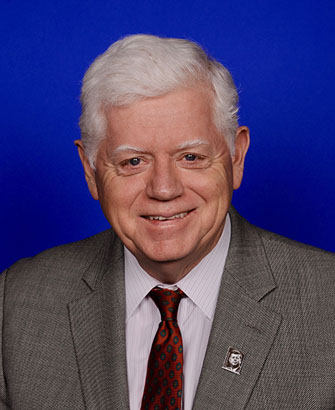
Co-Sponsor
-
TrackGeorge Latimer
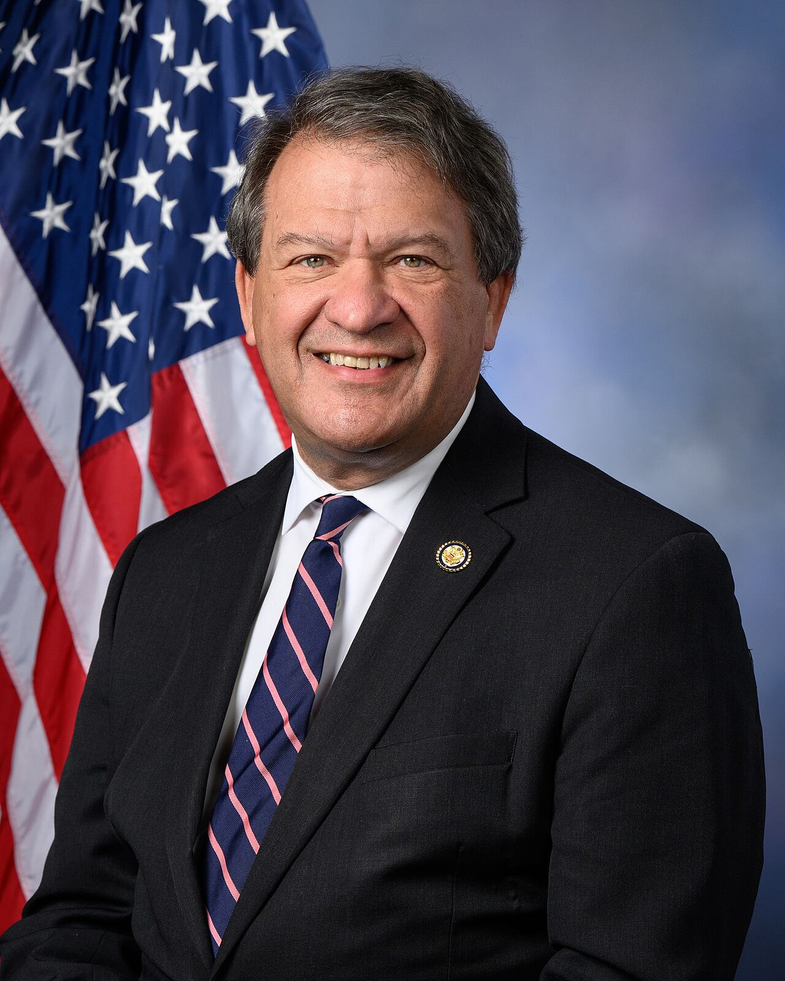
Co-Sponsor
-
TrackMichael Lawler
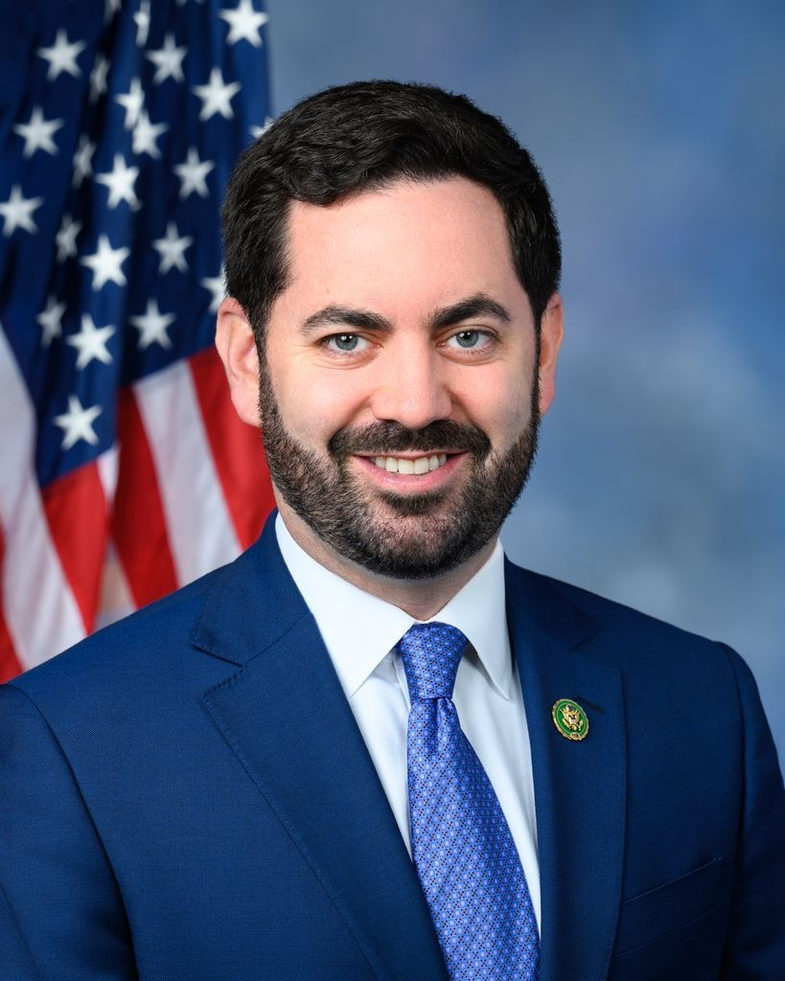
Co-Sponsor
-
TrackDoris O. Matsui

Co-Sponsor
-
TrackLaMonica McIver
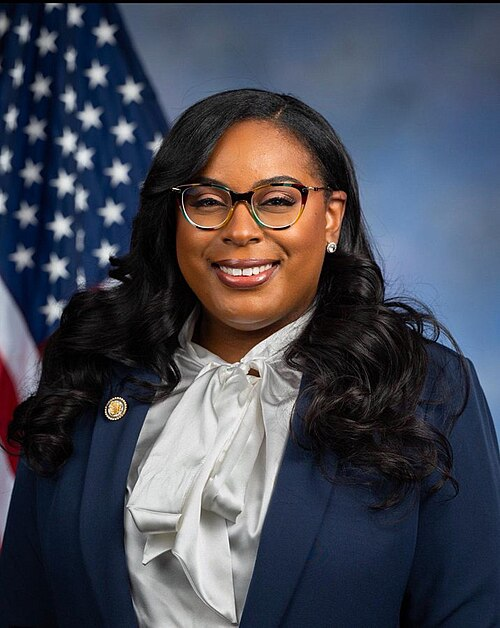
Co-Sponsor
-
TrackKevin Mullin
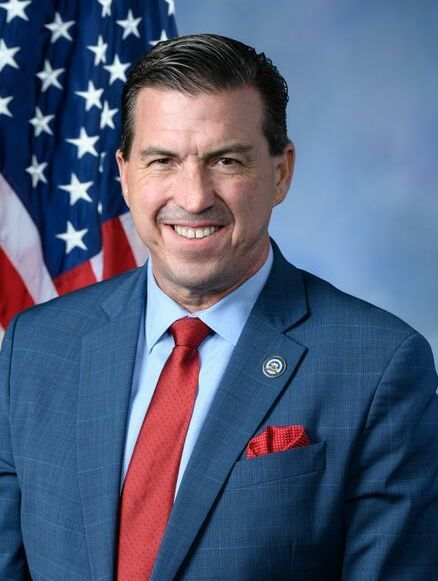
Co-Sponsor
-
TrackEleanor Holmes Norton

Co-Sponsor
-
TrackRaul Ruiz
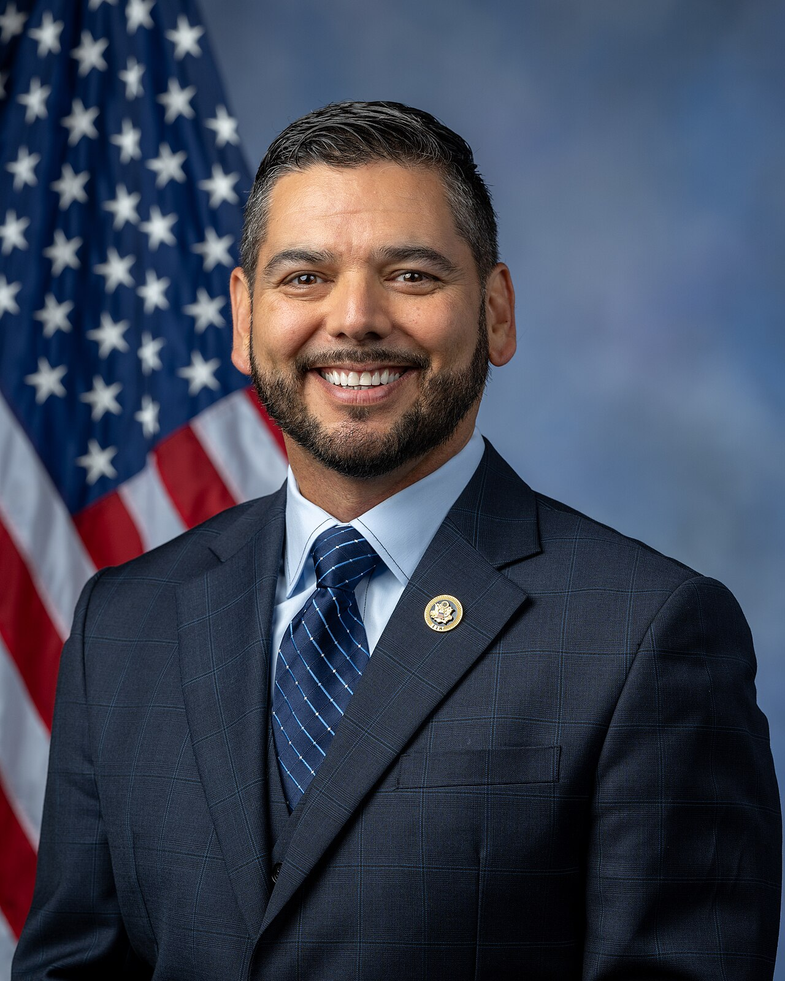
Co-Sponsor
-
TrackMary Gay Scanlon
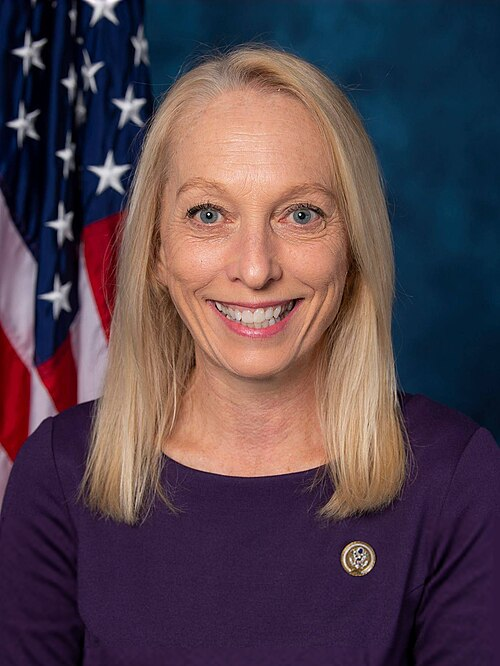
Co-Sponsor
-
TrackAdam Smith
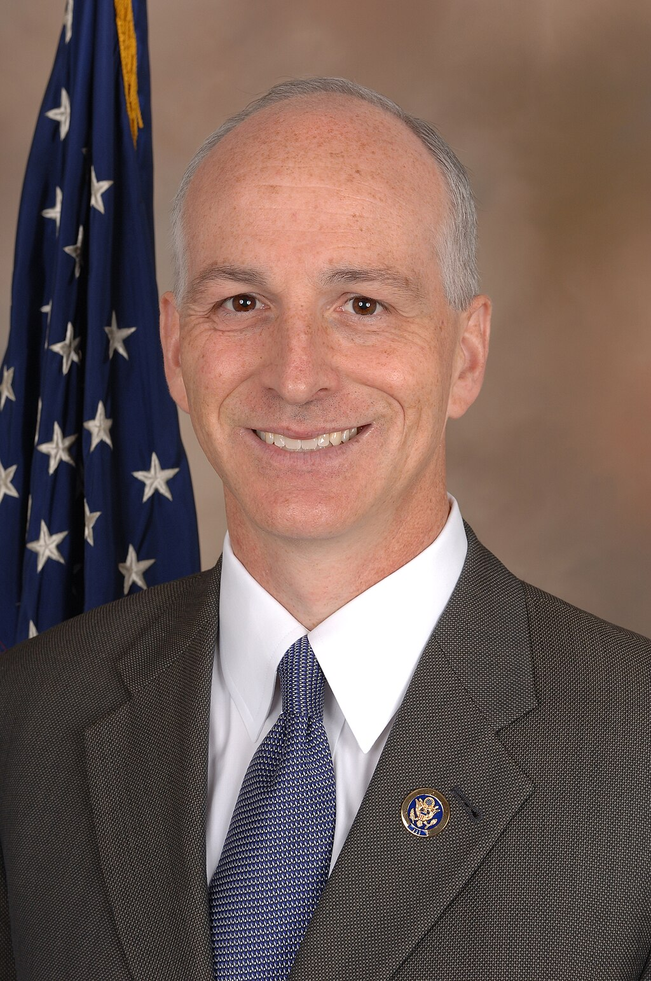
Co-Sponsor
-
TrackGreg Stanton

Co-Sponsor
-
TrackShri Thanedar

Co-Sponsor
-
TrackDina Titus
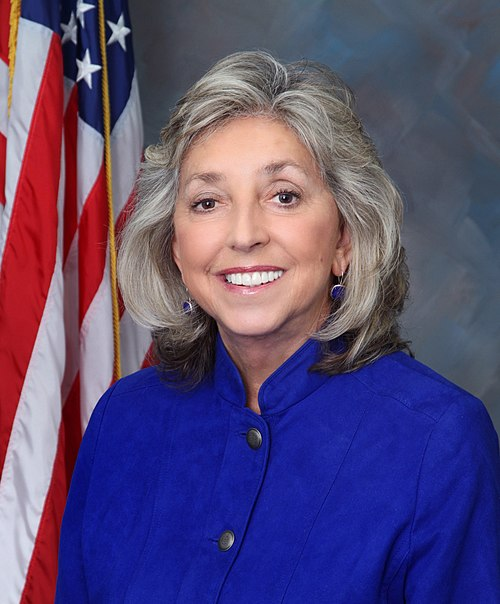
Co-Sponsor
-
TrackNikema Williams
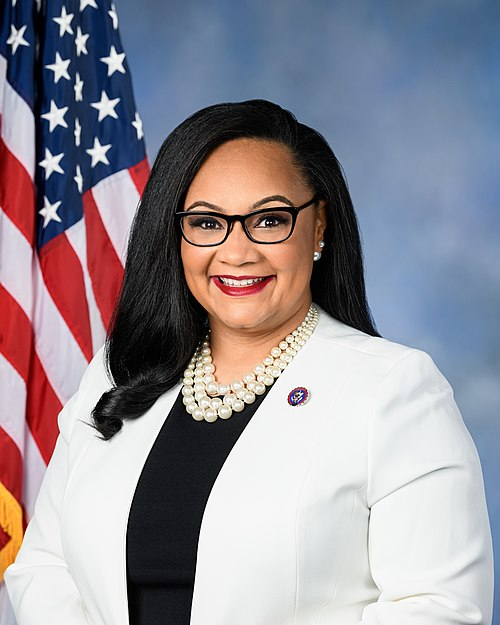
Co-Sponsor
Actions
3 actions
| Date | Action |
|---|---|
| Jul. 16, 2025 | Referred to the Subcommittee on Highways and Transit. |
| Jul. 15, 2025 | Introduced in House |
| Jul. 15, 2025 | Referred to the House Committee on Transportation and Infrastructure. |
Corporate Lobbying
0 companies lobbying
None found.
* Note that there can be significant delays in lobbying disclosures, and our data may be incomplete.
Potentially Relevant Congressional Stock Trades
No relevant congressional stock trades found.